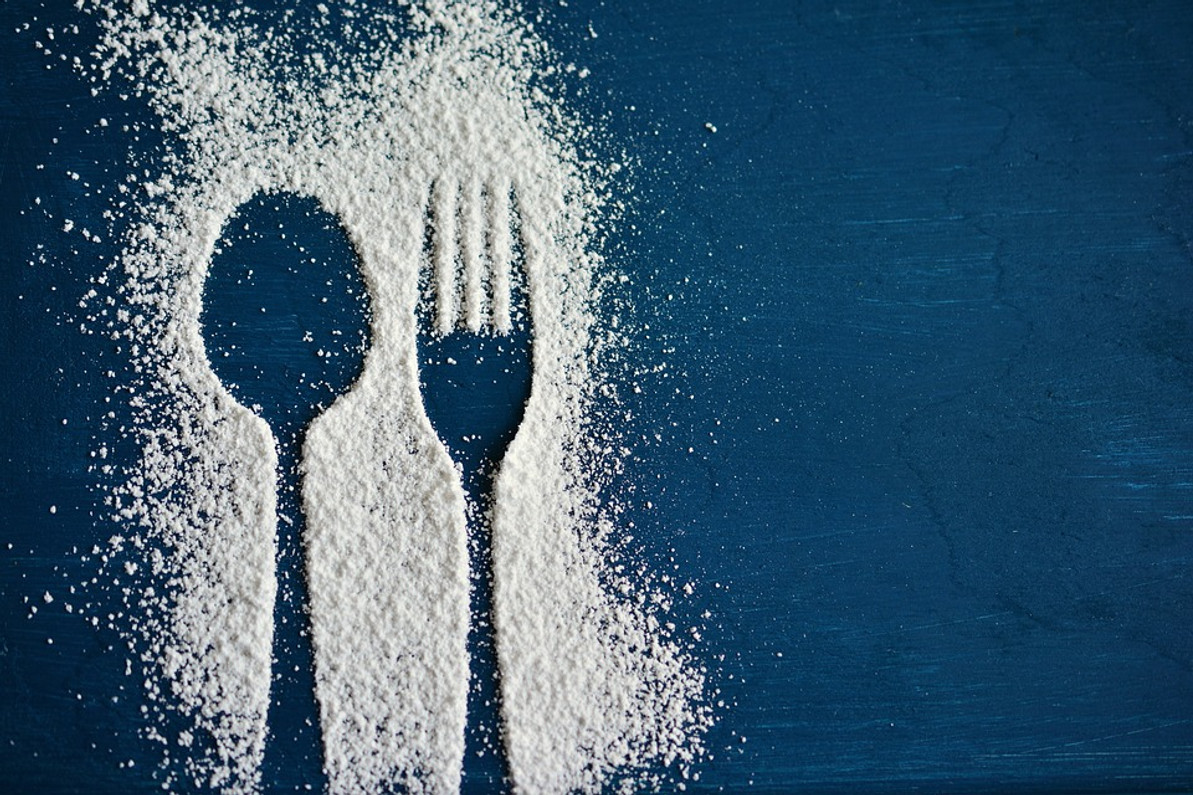Artificial Sweeteners May Increase Risk of Type 2 Diabetes

Statistics show that 40% of the general population will develop type 2 diabetes in their lifetime. This chronic and all-too-common condition is characterized by the body's inability to produce or process insulin. People who suffer from type 2 diabetes often experience symptoms such as frequent urination, hunger, fatigue and blurred vision. In some cases, though, none of these symptoms will manifest.
It's no secret that sugar intake plays an important role in the development of type 2 diabetes. People who consume high concentrations of processed sugar in their daily diet are more likely to develop this disease than their counterparts who consume minimal sugar in their diet. However, that doesn't necessarily mean that an artificial sweetener is a healthier choice than regular sugar. According to a recent study, even artificial sweeteners can increase your risk of developing type 2 diabetes.
For the study, researchers from the University of Adelaide in Australia recruited 27 men and women, all of whom were asked to take capsules containing the artificial sweetener equivalent of 1.5 litres of diet soda per day. The artificial sweeteners used in the capsules were sucralose and acesulfame K. Another group of participants were recruited as the control group, and these participants did not take the artificial sweetener capsules.
So, what did researchers find? Researchers discovered that participants who took the artificial sweetener capsules experienced impaired glucose responses. These findings led researchers to conclude that artificial sweeteners could possibly interfere with the body's ability to control blood sugar levels; thus, increasing the risk of type 2 diabetes.
“This study addresses a very important global human health issue, as artificial sweeteners are food additives commonly used not only by patients with diabetes but also by healthy individuals aiming to manage their sugar intake,” said study author Dr. Inês Cebola.
Some people assume that artificial sweetener is healthier than regular sugar, as it contains zero calories. The problem, however, is that it tricks our body into thinking it's regular sugar. When you consume artificial sweetener -- or a food or beverage containing it -- your body still reacts in the same way as if it were exposed to regular sugar. Therefore, your blood sugar levels are effected, increasing the risk of insulin dysfunction.
While this study was small, involving just a few dozen participants, it sheds light on the possible harmful effects that artificial sweetener has on our health.
This study was presented at the European Association for the Study of Diabetes in Portugal.
Recent Posts
-
Fire Safety in the Workplace: What You Need to Know
What steps are you taking to prevent fires in your workplace? According to the U.S. Occupational Saf …Aug 23rd 2023 -
Is It Safe to Go Jogging With a Cold Infection?
If you're suffering from a cold infection, you might be wondering whether it's safe to go jogging. T …Aug 22nd 2023 -
5 Safety Tips to Follow When Using a Powder-Actuated Tool
Powder-actuated tools are commonly used to join materials to steel and concrete. Also known as Hilti …Aug 20th 2023




